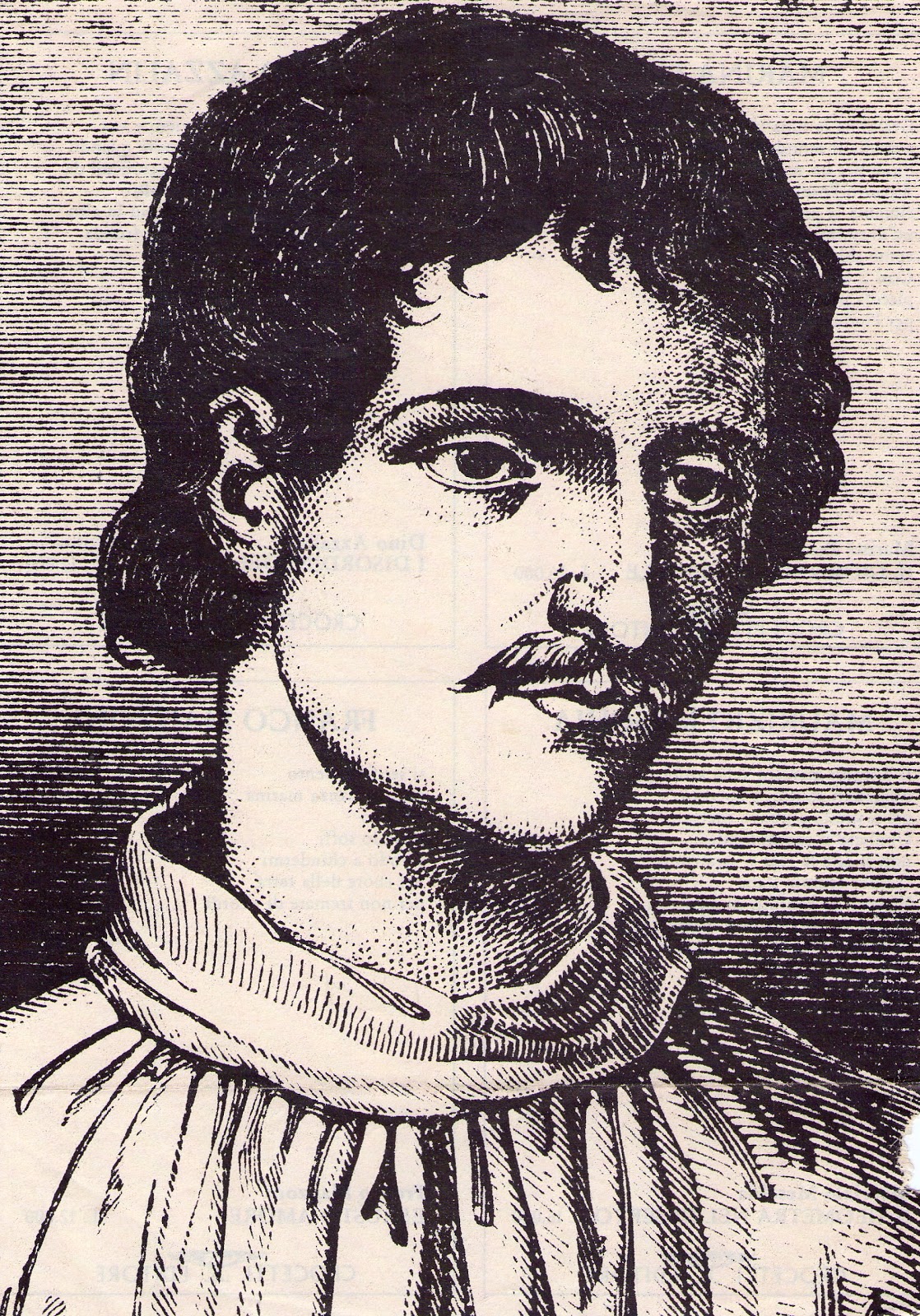Can God as the perfect omniscient knower guarantee the possibility of a reality disidentified from all local perspectives and thus independent of them, though remaining inherently intelligible (by God Himself)? It depends on how one understands God.
As discussed already here, Indian authors can mean at least four different things when they speak about “God”, namely:
- —the devatās of mythology, like Indra and Zeus (during this workshop in Hawai’s, Andrew Nicholson has shown several examples of how philosophers make fun of this naive conception of Gods)
- —the īśvara of rational theology. He is usually omniscient and omnipotent and mostly also benevolent. In Indian thought, He can be proven to exist and to be such through rational arguments (e.g., through an inference from the fact that mountains, being an effect, need a creator, like pots).
- —the brahman of Advaita Vedānta is an impersonal Deity. In some forms of Vedānta it is interpreted pantheistically as tantamount to the universe.
- —the bhagavat kind of God is the one one is linked to through a personal relationship. His or Her devotees might consider Him omniscient or omnipotent, but in fact their reasons for loving Him of Her are different and regard their being in relation with Him or Her.
Which God can help guaranteeing the world’s reality? The devatā kind of Gods are clearly irrelevant for this purpose, since they are not even omniscient and surely do not represent an impartial perspective. The brahman kind of God is omniscient only in a sense akin to the Buddha’s being omniscient, namely insofar as it does not lack any relevant information, but it does not at all guarantee the reality of the world of direct realism. In fact, the world is for Advaita Vedāntins an illusion.
The īśvara kind of God seems the best candidate. But which kind of īśvara? Matthew Dasti‘s talk elaborated on the early history of īśvara in Nyāya, showing how the system’s basic premisses at least facilitated the elaboration of an īśvara concept. This evolution culminates in a full-fledged rational theology by Udayana. For Udayana, the īśvara he tries to prove rationally is not just any intelligent maker that can be inferred as the cause from the premise that the earth, mountains and plants sprouting from it are effects. That intelligent maker had to be:*
- A super-soul with eternal knowledge of everything, and especially of the past and future good and bad actions of all human beings that ever lived.
- One who has natural control or lordship over the material universe and other individual souls whose bodies he creates according to their beginninglessly earned merits and demerits.
- One who joins the eternal atoms in the beginning of each cosmic cycle according to a remembered blue-print giving rise to the two-ness in a dyad by his primordial act of counting.
- One who makes the otherwise unconscious “destiny” (unseen karmic traces, adṛṣṭa)) or law of moral retribution work.
- One who acts directly through his eternal will and agency without the mediation of a body, although all the “intelligent makers” one has ever encountered produce effects with a body of their own.
- One who composes the Vedas which tell human beings how to live a good life, through “do”s and “don’t”s, which would otherwise be devoid of the imperative force that they command.
- One who establishes the conventional connection between primitive words and their meant entities.
- One who, after creating the world, also sustains and in the fullness of time destroys it.
- Showers grace on humans and other creatures so that each soul can eventually attain their summum bonum—final liberation from all ensnaring karma and suffering.
- One who remains constantly and uniformly blissful through all these actions which do not touch his changeless essence and for which he has no “need”.
Such an īśvara has been discussed by Arindam Chakrabarti in his final talk on Vācaspati, insofar as He seems to be the only kind of God who can be said to be omniscient in the “hard” sense of possessing a complete knowledge of all states of affairs. However, He is vulnerable to objections to omniscience raised both in European and Indian philosophy. E.g.: How to delimit the range of “all” in “omniscience“? Can He really know also future events? If so, this seems to contradict our free will and even the possibility of non-necessary, contingent events. More in general, how can God know past and future events as such, though being Himself atemporal (this topic has been dealt with by Shinya Moriyama in his talk as well as in his 2014 book)? Not to speak of the pragmatic problems caused by omniscience, namely that it is altogether different from the way we usually experience knowledge to happen, i.e. in a processual way, and that one could never be sure that anyone (even God) is omniscient, since we are not omniscient and, therefore, could not test Him. Last, as outlined by Arindam (and by Patrick Grimm’s Cantorian argument against omniscience), God’s omniscience seems deemed to fail, since it cannot be proven to be logically conceivable.
The general problem appears to me to be that the īśvara is at the same time the knower of all and part of the system which He should know completely, so that He cannot escape the restrictions which apply to this world (in which knowledge is experienced to be processual, entities are not at the same time temporal and non-temporal, and one element cannot know the whole).
*The following points are all discussed by Udayana. For further details, see Chemparathy 1972. The present formulation of the list is largely indebted to Arindam Chakrabarti.
Shinya Moriyama also wrote a report about the same workshop, unfortunately (for me) in Japanese. Google translate was enough to understand that it is quite interesting and gives one a perceptive insight in the Philosophy Department in Hawai’i. You can read it here.

